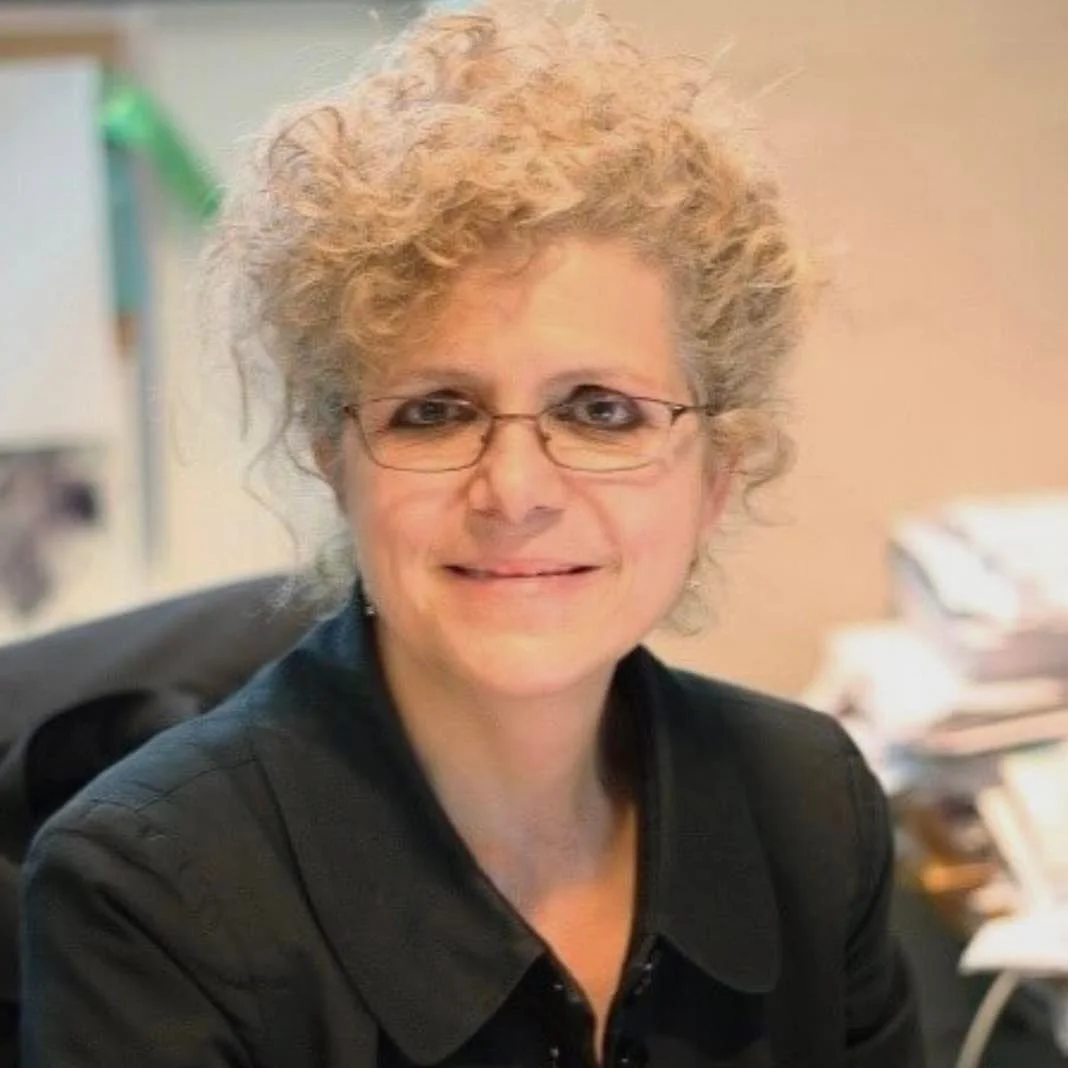
About the Libbi Thomas Foundation
Advancing Scientific Discovery at the Intersection of Down Syndrome and Alzheimer’s Disease
The Libbi Thomas Foundation was established to honor the life and legacy of Libbi Thomas and to fund vital research into a critical and often overlooked issue: the link between Down syndrome and early-onset Alzheimer’s disease.
In partnership with pioneering researchers from Harvard University and Massachusetts General Hospital, we are proud to support cutting-edge studies that seek to answer urgent questions about why individuals with Down syndrome are at a significantly higher risk of developing Alzheimer's as they age.
“Libbi lived a vibrant, joy-filled life for 60 beautiful years—an age once believed impossible for someone born with Down syndrome,” shared Patti Harper, Libbi’s sister and the Foundation’s founder. “When Libbi began showing signs of Alzheimer’s in her mid-50s, we were shocked to learn how common this diagnosis is among people with Down syndrome. We knew something had to change. The Libbi Thomas Foundation was born out of that realization—to honor Libbi’s memory and protect future generations.”
Our Mission
People with Down syndrome are living longer, more fulfilling lives than ever before. But with increased longevity has come an increased risk: Over 90% of individuals with Down syndrome who live past age 57 will develop Alzheimer’s disease. Our mission is to fund the research needed to understand why—and to change the trajectory for the future.
Our Partners
To drive that mission forward, we’ve partnered with two renowned neurologists from
Massachusetts General Hospital and Harvard Medical School:
Dr. Herminia Diana Rosas
A neurologist and expert in neurodegenerative disorders; Dr. Rosas and her team have focused on the development of biomarkers to study neurodegenerative diseases
Dr. Florence Lai
A leading expert in Down syndrome and dementia, serving as the Massachusetts lead for a multi-center, NIH-funded study
“Alzheimer’s dementia is now diagnosed in about 30% of people with Down syndrome by age 50, and in nearly two-thirds of those in their 60s,” said Dr. Lai. “We’re proud to collaborate with the Libbi Thomas Foundation to push this critical research forward and secure the funding needed to drive meaningful breakthroughs.”
Why This Research Matters
According to the Alzheimer’s Association, nearly all individuals with Down syndrome show brain changes associated with Alzheimer’s—such as beta-amyloid plaques and tau tangles—by age 40. However, not all develop dementia symptoms.
This leads to essential questions our researchers are working to answer:
Why do some people with Down syndrome develop Alzheimer’s symptoms while others do not?
What role do age, genetics, or environment play in how and when these symptoms emerge?
Why do some individuals—both with and without Down syndrome—have brain changes associated with Alzheimer’s, but never show cognitive symptoms?
A Better Future Starts Now
The Libbi Thomas Foundation exists to support a future where individuals with Down syndrome can enjoy not just longer lives—but healthier, fuller ones. We believe in the power of research to unlock answers, improve care, and one day, make Alzheimer’s disease preventable—or even rare—in this vulnerable population.
We invite you to join us in honoring Libbi’s legacy by fueling scientific progress and offering hope to thousands of families.





